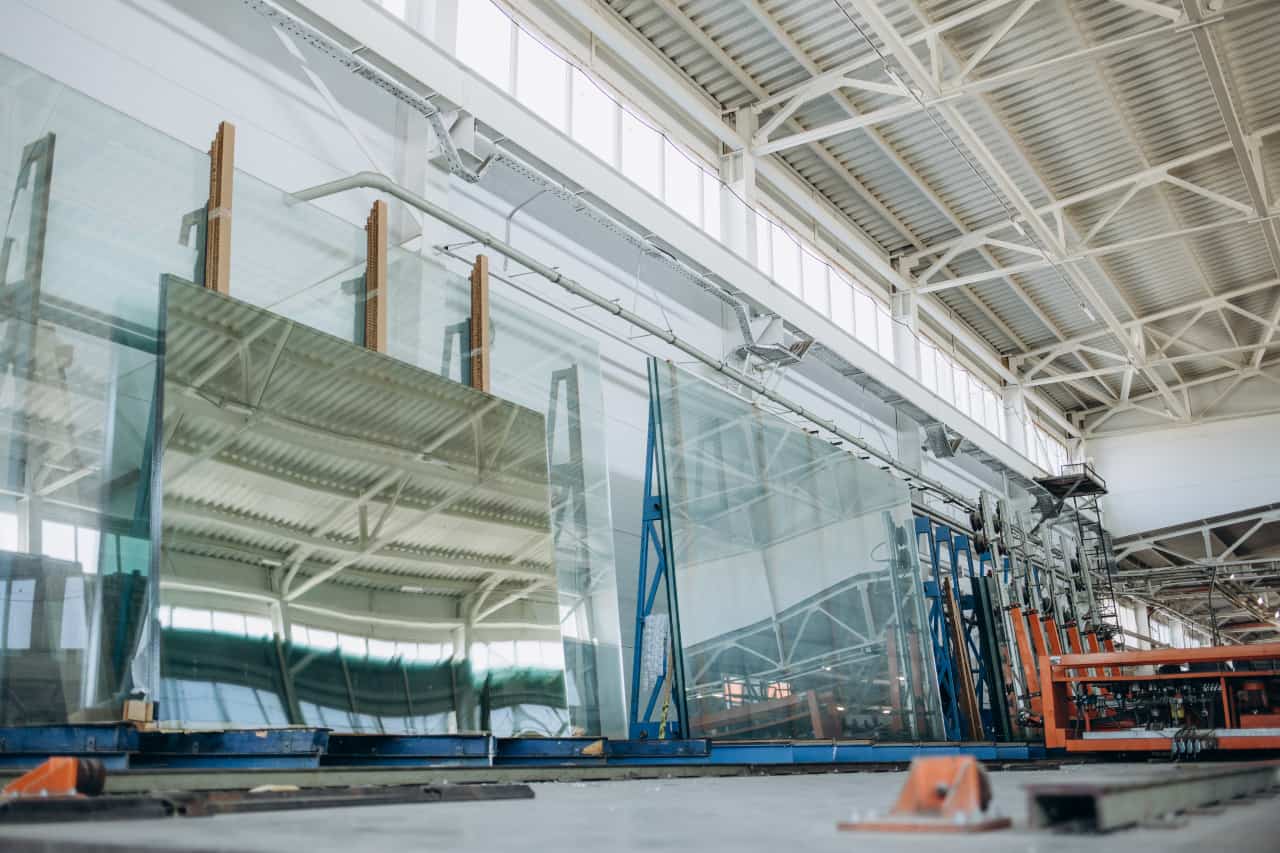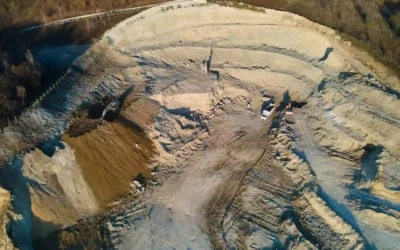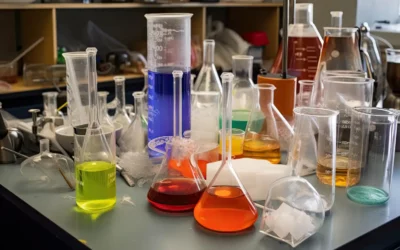Silica sand plays an important role in various industries, and one of its most relevant applications is in the glass industry. As a major component in the production of glass, silica sand is responsible for the unique properties that make glass an essential material in our daily lives. In this article, we will explore the role of silica sand in glass manufacturing, its unique properties and the various types of glass products that rely on silica sand for their creation.
Silica sand in glass manufacture
A crucial component
Silica sand is the main raw material used in glass production. It is composed of silicon dioxide (SiO2), which forms the base of the glass when melted at high temperatures. The purity and consistency of the silica sand are vital to ensure that the final glass product has the desired properties, such as transparency, strength and durability.
Properties of silica sand
Properties that make silica sand an ideal material for glass manufacturing include its high melting point, chemical stability and low thermal expansion. These properties contribute to the production of high quality glass that can withstand various environmental conditions without compromising its structural integrity.
Types of glass products
Flat glass
Flat glass, also known as sheet glass or plate glass, is one of the most common types of glass products. It is used in various applications, such as windows, doors and mirrors. The production of flat glass is highly dependent on the purity and consistency of the silica sand, which ensures that the final product is free of defects and maintains its transparency and strength.
Container glass
Container glass is another widely used type of glass product, typically found in the form of bottles, jars and other packaging materials. The high melting point and chemical stability of silica sand are crucial to producing container glass that can withstand the rigors of shipping and handling without breaking or cracking.
Specialty glass
Specialty glass refers to a broad category of glass products designed for specific applications, such as tempered glass, laminated glass and glass used in electronic devices. Specialty glass production often requires silica sand with specific properties, such as ultra-high purity or a particular particle size distribution. These requirements ensure that the specialty glass meets the performance and safety standards of its intended application.
Fiberglass
Fiberglass is a type of glass product consisting of thin strands of glass fibers. It is used in a variety of applications, such as insulation, automotive components and sporting goods. The production of glass fiber depends on the ability of silica sand to melt at high temperatures to form a viscous material that can be stretched into thin fibers.
Environmental considerations
While the glass industry relies heavily on silica sand, efforts are being made to minimize the environmental impact of sand mining and processing. Sustainable mining practices, efficient transportation and recycling of glass products are some of the ways the industry is working to reduce its environmental footprint. Silica sand plays a key role in the glass manufacturing industry, contributing to the production of various types of glass products that we use in our daily lives. Its unique properties make it an indispensable material in the creation of high quality, durable and transparent glass. As the demand for glass products continues to grow, the importance of silica sand in the glass industry will become more apparent. By adopting sustainable practices and continuing to innovate, the industry can ensure that the benefits of silica sand are enjoyed for generations to come.






